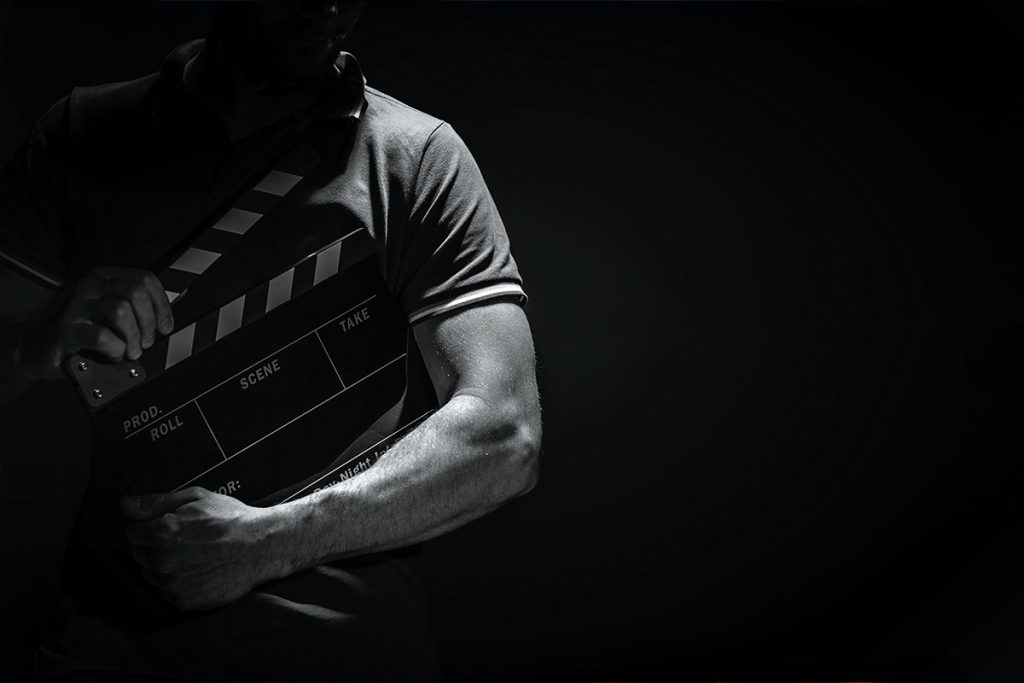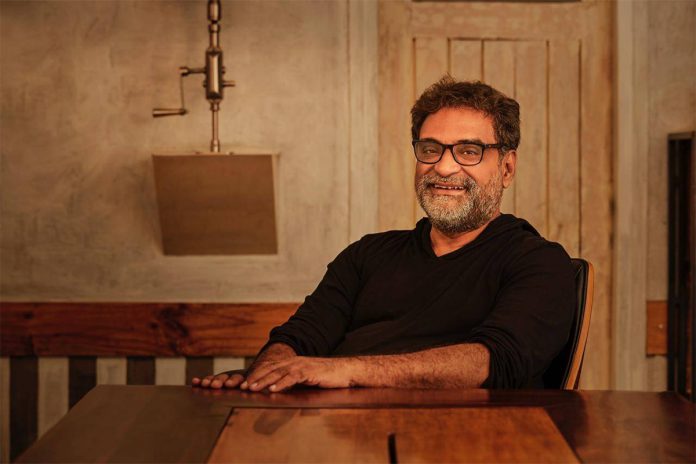Sometimes, words and stories are all we have to capture hearts and minds
Words by Sakshi Dhingra
Storytelling is an art as old as mankind itself, but it has taken on a new dimension in the modern era. In the hands of a master craftsman, it is an invaluable tool in shaping perceptions, driving engagement, and capturing mindshare.
I had the good fortune to speak with one such craftsman at the height of his power, a storyteller par excellence who needs no introduction. He is a man of many hats; a director, screenwriter, and producer who has formerly been Group Chairman of one of the most storied advertising agencies in India, Lowe Lintas. Here are some excerpts from my conversation with the legend himself, R. Balki.
The stories that you often tell are deeply human and authentic in nature. How do you arrive at such impactful narratives, and is that something innate or something that can be learned?
Everybody has a kind of a story that interests them and obviously every filmmaker tries to do stories that interests them.
So, I like watching a lot, I like reading a lot. So, therefore, if I have to tell a story and it has to be, at least the best of my knowledge, something that hasn’t been heard before or something that’s new, something that actually fascinates me first before it fascinates everybody.
I also always look at it slightly as if “can something be approached from a newer angle?” And if a newer angle is kind of interesting, then I I start thinking about it.
So, as a storyteller, how are stories portrayed differently when it comes to film and then other literary mediums?
I don’t think it’s very different.
Most mediums have to be interesting for us. I think the art, and of course the structure of storytelling, may change a little bit here and there for a book or a film or for a play. But overall, the art of storytelling is the same, you just have to tell the story.
And so, people already, it’s not about you, people have already kind of decided when they go to a theatre, they know the kind of structure the story will take for a film.

If you see an ad, for example; 30 seconds, they have a certain way of processing a story. Sometimes you can tell a two-hour story in 30 seconds, you can easily tell it. People don’t want to hear a long-winded story. So, I just feel that sometimes the medium already prepares people for the way the story is being told. The kind of story is the same; it’s the way the story is told that changes.
Understood. What kind of challenges do you face when it comes to balancing artistic expressions and commercial consideration?
There’s nothing like commercial consideration. If it’s interesting, I don’t know what the meaning of commercial consideration is.
If it’s boring, it’s a commercial consideration. If it’s interesting, it has to be a commercial consideration. There are some stories that just travel by word of mouth. People keep talking to each other and say, this is so interesting and we watched it.
But in some stories, that, for example, if it features a star, I want to see the film already, because there is somebody interesting I want to see. So, that’s the commercial consideration as far as I’m concerned with how interested are people interested in seeking that. So, if you can make anything a commercial consideration, make it as interesting as possible.

But in today’s time, marketing costs a lot in terms of how you position a film unless it wins some award and gets famous by itself. So, that’s a different aspect altogether. But generally, a film is about “what is in it that interest people?” Like, if you take a Kashmir Files, is there something that interest people saying, “Oh, this is a story of Kashmir”. Or there is something like a Shah Rukh Khan film, which interests people.
So these are commercial considerations. All stories that people want to hear for a reason, you must find that reason. That’s what I believe is a commercial consideration.
That’s a very interesting take. So, moving on. My next question to you is, we’ve seen AI come on leaps and bounds in recent years. How do you foresee AI empowering, accelerating creative efforts or hindering human integration?
There’s no hindering. I’m not sure many, many people will have jobs anymore the way we know it. I think it’s all nice to say that AI will aid and help us, but I think it requires a lot of intelligence on our part right now to make sure that what we create doesn’t take over us.
Okay. So, my last question for you is, what advice would you like to give aspiring storytellers looking to hone their craft?
To the best of your ability, try and tell an original story. Try and tell a story that actually is something that surprises you, you know, that is the most important thing.

I think, start the story, be original, don’t search for things that people already have heard or a new way to tell a story that people already have heard; try and tell an original story.


